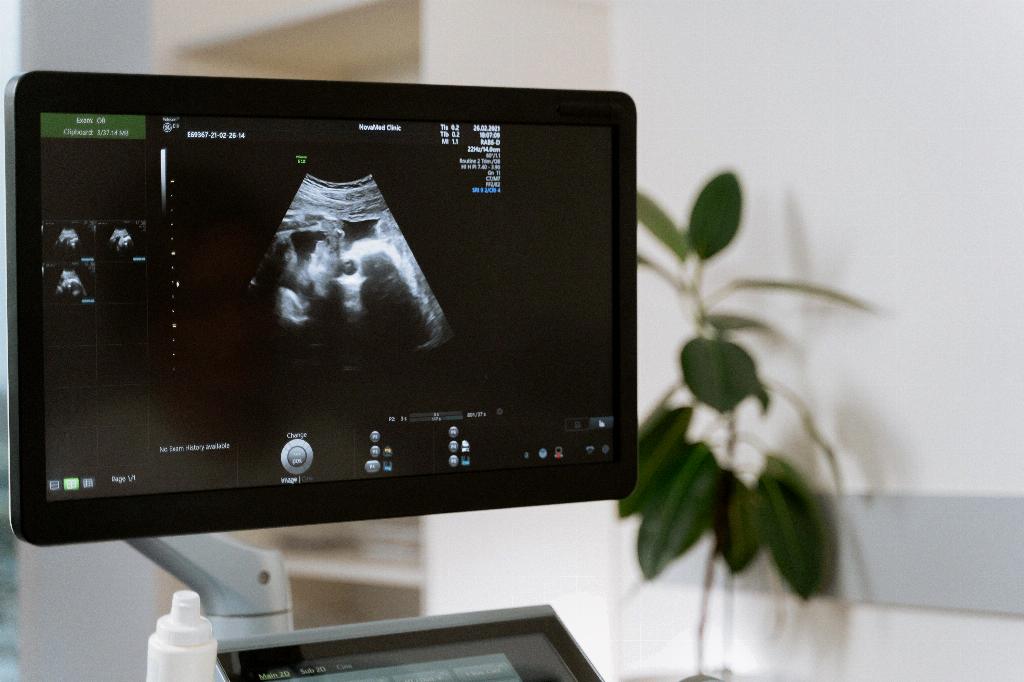One of the common skin issues that many pregnant women experience is skin redness. Itchy rashes are a prevalent occurrence during pregnancy, and one particular rash known as PUPPPs, short for pruritic urticarial papules and plaques of pregnancy, stands out as the most common pregnancy rash.
PUPPPs presents itself as itchy, red patches that typically appear around stretch marks, especially towards the end of pregnancy when the belly is most stretched. These red patches can extend beyond the belly area, affecting the arms, legs, and buttocks as well.
The exact cause of PUPPPs is not definitively understood, but it is believed to be related to the stretching of the skin, hormonal changes, and possibly genetics. While the redness associated with PUPPPs can be bothersome and uncomfortable, especially due to the itching sensation, the condition typically resolves on its own after pregnancy.
In addition to PUPPPs, other factors during pregnancy can contribute to skin redness. Increased blood flow and hormonal changes can result in heightened skin sensitivity, leading to redness in various areas of the body. These changes can also make existing skin conditions more pronounced or trigger new ones.
It is essential for pregnant individuals experiencing skin redness to consult with their healthcare provider to ensure proper evaluation and management. While most cases of skin redness during pregnancy are harmless and resolve postpartum, it is crucial to rule out any underlying conditions or infections that may require treatment.
Moisturizing the skin regularly with gentle, fragrance-free products can help alleviate dryness and itchiness associated with skin redness during pregnancy. Wearing loose, breathable clothing and avoiding hot showers can also aid in reducing skin irritation and redness.
Some pregnant women may find relief from skin redness by using over-the-counter anti-itch creams or taking oatmeal baths. However, it is essential to consult with a healthcare provider before using any topical treatments to ensure their safety during pregnancy.
While skin redness during pregnancy is a common occurrence, severe or persistent redness that is accompanied by other symptoms such as fever, pain, or unusual discharge should prompt immediate medical attention. These symptoms could indicate an underlying infection or another more serious skin condition that requires treatment.
Overall, the skin changes experienced during pregnancy, including redness, itchiness, and sensitivity, are typically transient and subside after childbirth. Staying hydrated, maintaining a healthy diet, and following a skincare routine tailored to the unique needs of pregnancy can help manage skin redness and promote skin health during this transformative time.
While pregnancy can indeed cause skin redness, being proactive in caring for the skin and seeking medical guidance when needed can help alleviate discomfort and ensure a healthy outcome for both the mother and baby.

